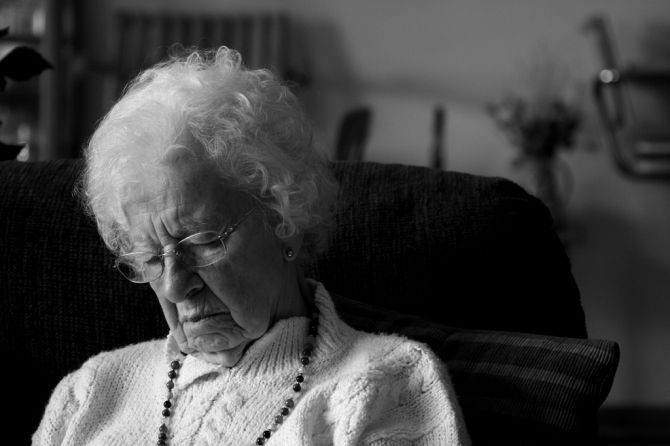Lack of Sleep Linked to Increased Risk of Fibromyalgia in Women

A new study has found that middle aged and older women with sleep problems are at greater risk of fibromyalgia.
Researchers Drs. Paul Mork and Tom Nilsen from the Norwegian University of Science and Technology (NTNU) found that poor sleep habits in women are linked to increased risk of fibromyalgia mainly among middle aged and older women.
The researchers estimated that fibromyalgia, a chronic musculoskeletal pain syndrome, in which a person has long term, body pain and tenderness in the joints, muscles, tendons and other soft tissues, affects more than 5 million people over the age of 18 in the U.S., with the general adult population prevalence at 3 percent to 5 percent.
The authors pointed out how studies have shown that fibromyalgia typically occurs in those of middle age, and up to 90 percent of them are women.
Previous research has found that insomnia, nocturnal awakening, and fatigue are common symptoms in patients with fibromyalgia, explained the authors.
But, they said, it is unknown whether poor sleep habits contribute to the development of this pain syndrome.
Both Mork and Nilsen investigated the association of sleep problems with the risk of fibromyalgia in a population of women in Norway, selecting, 12,350 women ages 20 and older who were free of musculoskeletal pain and movement disorders.
The follow up showed that 327 women had developed fibromyalgia which the authors said represents an incidence proportion of 2.6 percent during 10 years.
The risk for women who reported having sleep problems "often" or "always" was 5.41 among women over 45 years of age and 2.98 among those between 20 and 44 years.
The authors suggest that further studies are needed to investigate whether early detection and treatment of sleep disturbance reduces the risk of fibromyalgia in women.
"Our findings indicate a strong association between sleep disturbance and fibromyalgia risk in adult women," said Dr. Mork in the study published in Arthritis & Rheumatism.
"We found a dose-response relation, where women who often reported sleep problems had a greater risk of fibromyalgia than those who never experienced sleep problems."



























